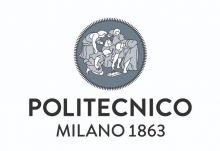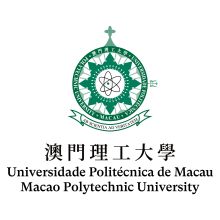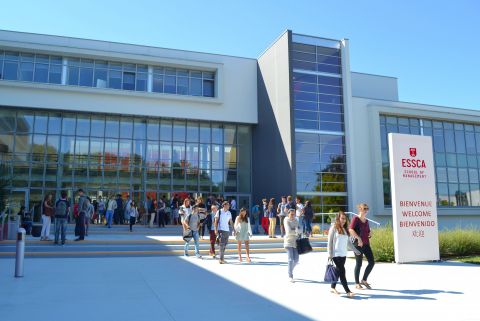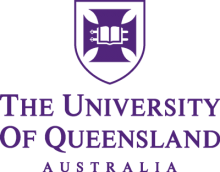About King’s College London
King’s College London (KCL) is one of the two founding colleges of the University of London, the sister college of University College London. Established in 1829 by King George IV and the Duke of Wellington, the then Prime Minister, it is the fourth oldest university in England.
KCL is now the largest healthcare learning centre in Europe, incorporating three teaching hospitals and providing a home to more than 27,000 students (including nearly 10,500 postgraduates) from 150 countries who also benefit from its strengths in law, the humanities and social sciences.
The university’s main site is on the Strand, in the heart of London, on the north bank of the River Thames, with another four campuses located at Guy’s Hospital, St Thomas’ Hospital, and in Waterloo and Denmark Hill.
KCL is a major research university. In the 2014 Research Excellence Framework, it was ranked 6th nationally in the ‘power’ ranking, which takes into account the quality and quantity of research activity, and ranks among the top institutions in the THE World University Rankings.
Twelve Nobel Prize winners are associated with King's, including Maurice Wilkins who discovered the structure of DNA, and Archbishop Desmond Tutu (a KCL alumnus), awarded the Nobel Prize for Peace in recognition of his work in opposing South Africa's apartheid regime.
Other notable alumni include Romantic poet John Keats, the founder of modern nursing Florence Nightingale and the eminent physicist Professor Peter Higgs.
With over 150 partner institutions, KCL offers study abroad programmes with a wide range of HE institutions globally, from Humboldt University in Berlin and the Paris-Sorbonne in France, to the Universities of California, Hong Kong, São Paulo and many more.
KCL’s central London location also means students can benefit from the university’s connections with a broad range of partners across business and industry, government and charities, arts, sports and culture.
Explore these featured universities
Explore rankings data for King’s College London
Compare universities on their key stats
Key statistics
- 13.9No. of students per staff(1)
- 53%Percentage of International Students(1)
- 63 : 37Student Ratio of Females to Males(1)
- 12%Proportion of ISR Publication(1)
- 32,835Number of FTE Students(1)
Subjects taught at King’s College London
Clinical, pre-clinical & health
- Medicine & Dentistry
- Other Health
Physical sciences
- Geology, Environmental, Earth & Marine Sciences
- Physics & Astronomy
- Mathematics & Statistics
- Chemistry
Education
- Education
Arts & humanities
- Art, Performing Arts & Design
- History, Philosophy & Theology
- Archaeology
- Languages, Literature & Linguistics
Business & economics
- Business & Management
- Economics & Econometrics
- Accounting & Finance
Psychology
- Psychology
Engineering & technology
- Electrical & Electronic Engineering
- General Engineering
- Mechanical & Aerospace Engineering
Social sciences
- Sociology
- Politics & International Studies (incl Development Studies)
- Geography
- Communication & Media Studies
Law
- Law
Life sciences
- Sport Science
- Biological Sciences
Computer science
- Computer Science










